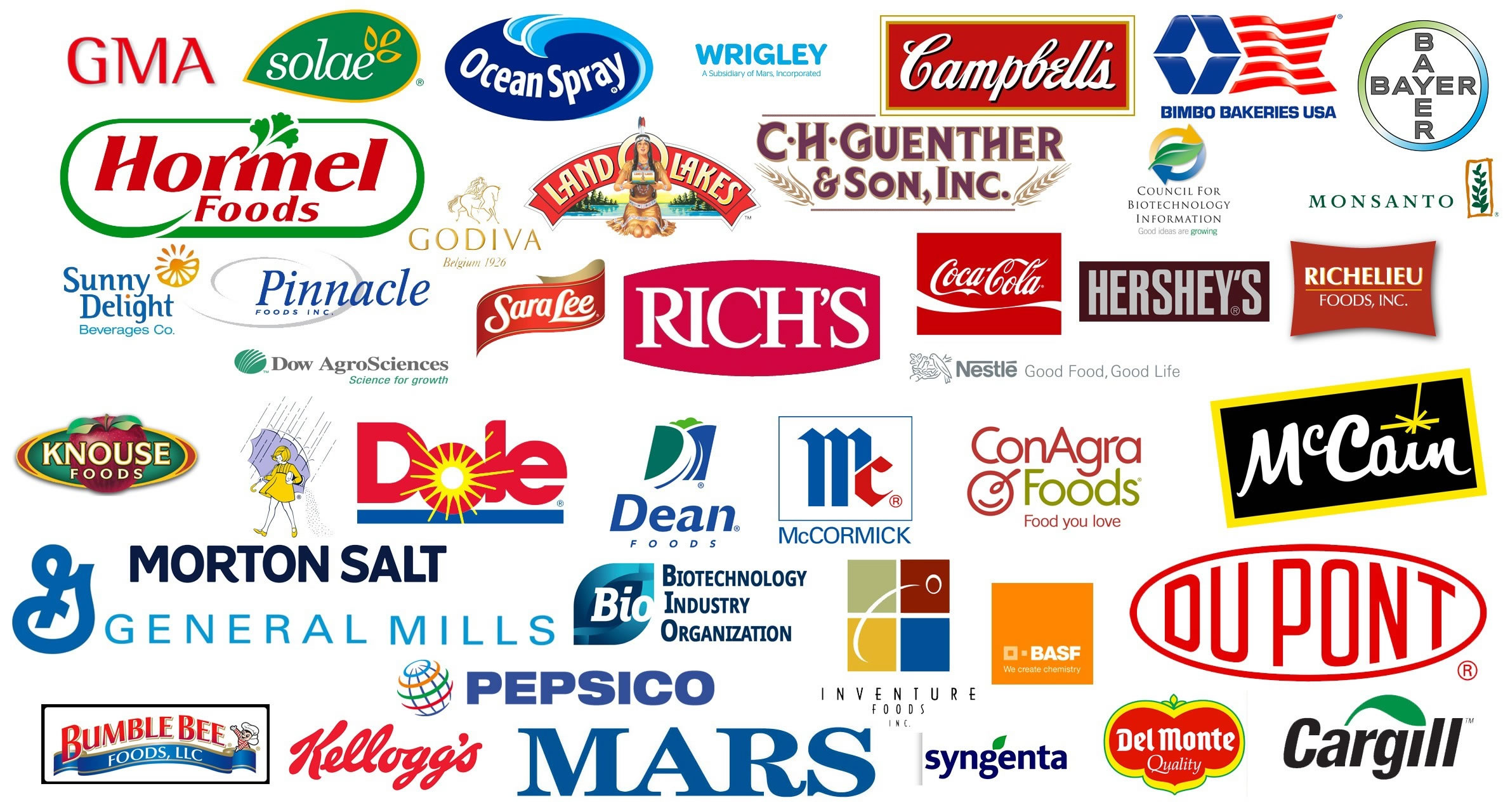Attorney General Bob Ferguson is not only a chess master, but a marathon man of the legal profession, as can be seven-year legal battle that is likely to carry a price tag of $18 million for a powerful national lobbying apparatus.
The $18 million represents a treble damage award against the Grocery Manufacturers Association, in a money laundering lawsuit brought by Ferguson in closing days of the 2013 campaign over Initiative 522.
The award was unanimously affirmed earlier this week by the Washington State Court of Appeals, in a decision which held:
“Because of GMA’s intentional actions, Washington voters were deprived of knowing the multiple companies who were spending millions of dollars to defeat Initiative 522 and the identity of those companies.”
Initiative 522 was a ballot measure that would have required that genetically engineered foods and seeds be “clearly and conspicuously” labeled as such.
The food and agribusiness industries spent $22 million to defeat it, blanketing the airwaves with such spokesmen as Dan Newhouse.
If the Grocery Manufacturers Association anticipated a slap on the wrist, or a cost-of-doing-business penalty, they vastly underestimated (or “misunderestimated”, as George W. Bush would put it) the tenacity of Attorney General Ferguson.
The story must be told again, as an example of unrestrained corporate clout in an initiative campaign, and a rare case where those who sow the wind reap the whirlwind. “We intended to send a strong message to all: If you want to engage in political campaigns in Washington, you have to play by the rules,” Ferguson said at one point in the battle.
The rules – Washington’s pioneering Public Disclosure Act.
The Attorney General’s lawsuit produced a compelling trail of documents from within “Big Food,” the industry lobby fighting the initiative. Food manufacturers and agribusiness spent more than $47 million in 2012 to narrowly beat back a California ballot proposition to require labeling of genetically modified foods.
Anticipating battles to come, specifically in Washington, the GMA set out to, in its words, “scope out a funding mechanism while better shielding individual companies from attack for providing funding” to defeat ballot initiatives.
A bevy of food giants – Pepsico, Coca-Cola, Kraft Foods and Campbell Soups – had come under fire for their massive spending in the California campaign.
The solution was for the Grocery Manufacturers Association to solicit contributions from big food companies into a newly created “Defense of Brand” fund, so the Association – not the companies – could appear as the big donor in filings with the state Public Disclosure Commission.
Weeks before election day in 2013, Ferguson struck with a lawsuit.
The companies retreated and released figures on who gave how much to the No on 522 campaign. Just $600 out of a staggering war chest of more than $20 million came from within the Evergreen State.
Five corporations donated $14 million-plus to defeat the measure: PepsiCo donated $2.5 million, with Nestle and Coca-Cola donating $1.5 million each. General Mills donated $500,000. Out of the agribusiness sector, Monsanto spent $5.4 million, while DuPont put up $3.9 million.
The industry campaign, true to form, set up a front group.
A woman was put in place as titular spokesperson. The real work was done by a consulting firm that has run corporate campaigns against initiatives for nearly forty years. Winner & Mandabach (formerly Winner-Wagner) is based in Beverley Hills, and cut its teeth fighting nuclear safeguards initiatives. It blanketed the airwaves with television spots featuring Washingtonians.
As he is empowered to do under law, Ferguson sought treble damages arguing that the GMA’s violation of campaign laws was flagrant and intentional.
Internal documents backed him up.
In November of 2016, Thurston County Superior Court Judge Anne Hirsch agreed GMA’s actions were intentional. She tripled GMA’s penalty to $18 million.
Almost two years later, the Washington State Court of Appeals upheld the $6 million penalty, but not the tripling. Big Food would not get off that easy, though.
In a ruling last April, the Washington State Supreme Court reinstated the full $18 million judgment and penalty. The Supremes sent the case back to the Court of Appeals to hear the grocers’ legal challenge.
At one point, during the drawn-out legal battle, an attorney representing the GMA privately acknowledged privately that Big Food expected a fine or judgment, but within the real of cost-of-doing-business. He voiced surprise, speaking for his clients, at Ferguson’s relentless pursuit of the case.
So, the appellate court has now upheld the full award of damages and penalties.
In words I wish applied to forty-nine other states, Ferguson declared: “Dark money has no place in Washington elections. This decision confirms that our courts take intentional violations of our campaign laws seriously.”
Tim Eyman, are you listening?
The Grocery Manufacturers Association has changed its name to the Consumer Brands Association after losing many of its biggest members.
It reacted to this week’s ruling with what amounted to exhaustion, saying it is “eager to close the door on one of the last legal issues of the Grocery Manufacturers Association, and put this case behind us.”
But they’re not done fighting, and neither is the Attorney General of Washington.


Here! Here! Mark one up for Washington State and AG Ferguson! I wish all corporate money was made to light up a bright light every time it steps into the political arena to advance that which is detrimental to voters. Too bad this isn’t a national statute!
Hear hear big money corporations must be held accountable!